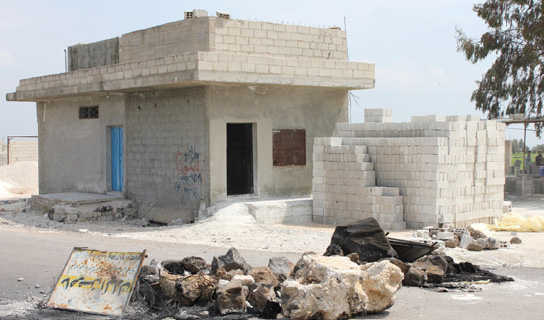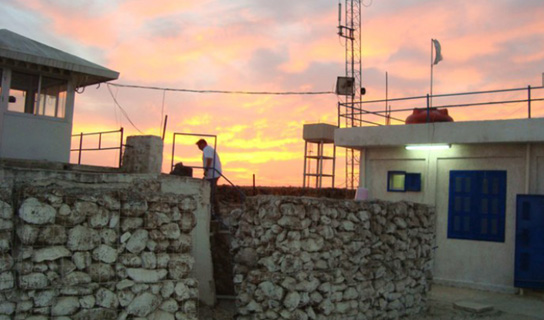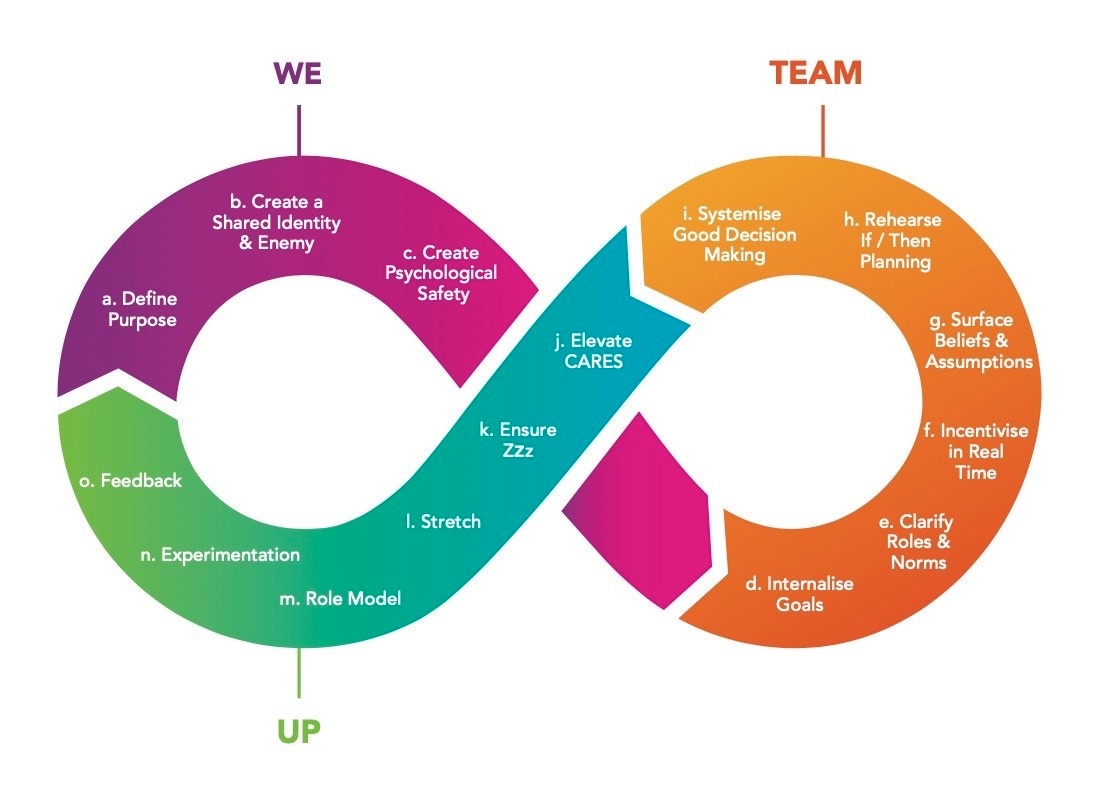Andrew Longley – Article 1 – Introduction
Andrew Longley – Article 1 – Introduction
Article 1 in a series of 12
Andrew is a sports psychologist, who will over the coming months share insights around the art and neuroscience of high-performance coaching.
I have been fascinated by human behaviour and teams for as long as I can remember. I am drawn to the unpredictable complexity of human-to-human connections where we genuinely never know what’s going to happen. So unsurprisingly I studied psychology at Canterbury University.
After that I joined the Royal New Zealand Navy as a military psychologist. I was privileged enough to spend seven years in the Navy and completed my military time with a life-changing deployment for a year as an unarmed peacekeeper for the United Nations.
At the start of that deployment, I worked in the disputed Golan Heights region and lived in Damascus, Syria. I was patrolling the Golan Heights and southern Syria when the Syrian uprising first began. It started off with a few localized protests against the regime, these grew rapidly, and it soon turned into the humanitarian tragedy we now know.

A rudimentary roadblock. The first signs of civil unrest in the Golan heights, Syria March 2011.
I was one of twenty-two nationalities who made up the mission and this was a true accelerated lesson in teamwork. I got to witness the good, the bad and the ugly of teams under extreme conditions and how it’s possible for multi-national teams to achieve high-performance. This experience was the catalyst for me to dedicate my career to understanding what makes up high-performing team environments and what’s needed to create them.
After leaving the military I wanted to work with teams on the cutting edge of operational performance, so I moved to Dubai where I worked as the senior psychologist for Emirates Airline. I was responsible for running the pilot assessment centers & acting as a performance coach for the pilot teams.

Out Post 54. The fortified accommodation & patrol base of UN Peacekeepers from UNTSO in Syria.
Cockpit teams are under immense pressure with responsibility for up to 800 lives where one mistake could be catastrophic. Here I gained further powerful insights into what makes the best teams tick.
After working for so many years in mission-critical operational environments, I felt the call back to my first love – sports – so I joined adidas and led their talent development and leadership globally. I was able to work with more amazing teams and got to hone my performance coaching skills further while living in Germany.
With the thrill of working in sports fresh in my mind, I decided to leave the corporate world and launch my own business to help coaches create high-performing teams of their own. It’s called coachup.academy.
I strongly believe that coaches are the start and finish of how every child and adult athlete experiences sports.
Coaches create the culture and team environment and when they get this right sport is fantastic. We grow, form deep connections, stay fit and share a sense of belonging. However, when they get it wrong, sport loses its magic, our self-esteem disappears, and we give up playing sport altogether. Coaches are immensely privileged, but also immensely accountable for such life changing experiences.
Throughout my own coaching experiences and education, I found there was a lot of training on the technical and physical sides of sports coaching, but nothing to help coaches create a great team culture and environment.
This seemed crazy to me when these dictate the enjoyment, growth, ongoing participation, and success for athletes.
The team is the performance platform.
This desire to help other sport coaches understand what makes a high-performing team, and what they can practically do to bring this to life was the inspiration behind coachup.academy.
Over the coming months, I will write a number of articles that will offer you as a coach a little of the science and research behind high-performance coaching plus some practical tips you can use to bring this to life with your own teams. Then sit back and watch the engagement, motivation, growth and performance flourish. My articles will draw from the research underpinning our model of high-performance coaching (shown below) which gives us the three coaching roles to create a high-performing team culture. The We-Team-Up of coaching.
By Andy Longley
Social Links
Coachup’s website: www.coachup.academy
Coachup’s Instagram: https://www.instagram.com/coachup.academy/
